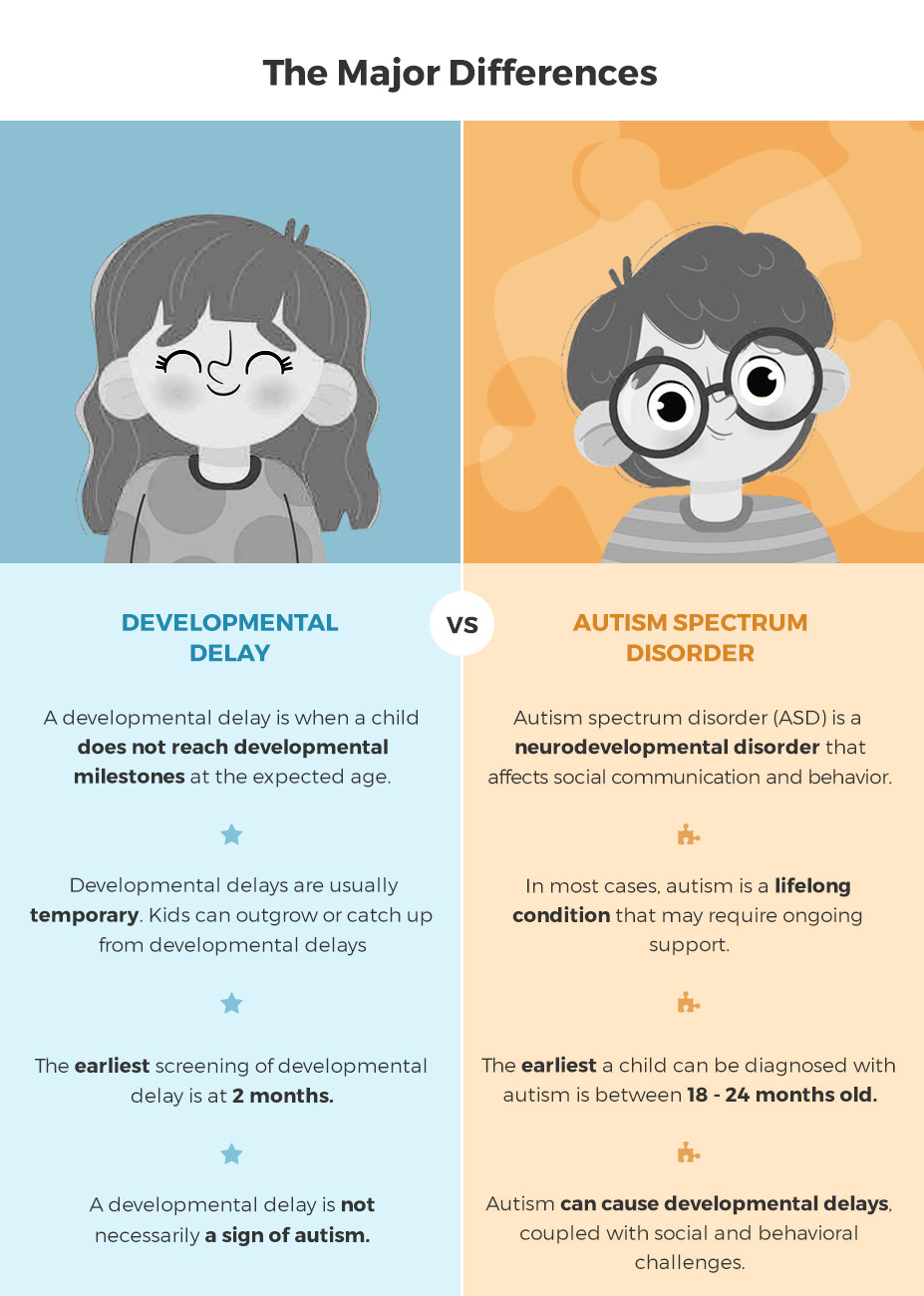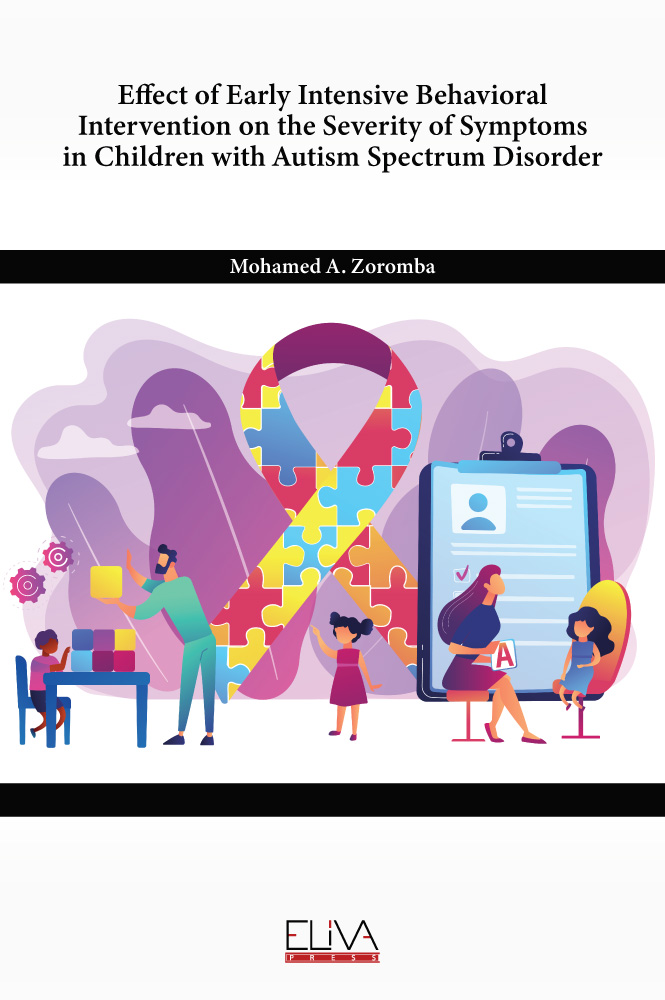When you should consider your family needs Autism Behavioral Therapy intervention
When you should consider your family needs Autism Behavioral Therapy intervention
Blog Article
Understanding the Effect of Behavioral Autism on Life and Social Communications
You might not realize just how deeply behavioral autism influences day-to-day life and social interactions. People on the spectrum frequently navigate a globe loaded with communication hurdles and sensory overload. These obstacles can bring about irritation and seclusion, influencing their relationships and total well-being. Comprehending these nuances is important for promoting encouraging atmospheres. What approaches can we apply to develop even more significant links and comprehensive rooms? The responses might surprise you.
Defining Behavioral Autism and Its Qualities
Behavioral autism, commonly referred to as autism spectrum disorder (ASD), includes a variety of conditions identified by obstacles in social interaction, interaction, and repetitive actions. You could observe that people with ASD usually battle to translate social signs, which can cause misconceptions in discussions. They might discover it tough to establish eye call or participate in little talk, making social scenarios feel overwhelming.
Communication troubles can show up in numerous ways, from delayed speech advancement to a preference for using fewer words. By acknowledging these traits, you can foster an atmosphere that promotes approval and urges efficient interaction, assisting people with autism flourish in their everyday communications.
The Range of Autism: Comprehending Irregularity in Habits
Autism spectrum condition (ASD) isn't a one-size-fits-all medical diagnosis; it varies extensively among individuals. You might encounter people who are highly spoken and engage easily in conversations, while others may like singular activities or interact non-verbally.
In addition, the way individuals with ASD reply to sensory input can vary substantially; some may be bewildered by brilliant lights or loud sounds, whereas others prosper in promoting settings. The spectrum likewise includes distinctions in social communications; some individuals might have a hard time to interpret social hints, while others navigate social settings with relative simplicity. Understanding this irregularity is important, as it aids you value each individual's one-of-a-kind experience and tailor assistance to their particular needs, promoting a more inclusive environment for everybody.
Interaction Obstacles Faced by Individuals With Autism
When you connect with individuals on the autism range, you might discover their unique communication challenges. They usually deal with problems with both nonverbal and verbal signs, which can influence their social interactions. Comprehending these obstacles is important for cultivating much better links and support.

Verbal Communication Problems
Numerous people on the autism range experience verbal interaction troubles that can substantially affect their day-to-day communications. You might find it testing to express your thoughts, sensations, or needs clearly. This can lead to frustration for both you and those around you, as misunderstandings happen. You might fight with launching conversations, maintaining a topic, or comprehending subtleties in speech. Usually, you might choose utilizing straightforward language or recurring expressions, which can limit your ability to participate in deeper discussions. Your quantity, rate, or tone may not straighten with social expectations, creating others to misunderstand your purposes. Identifying these obstacles can assist you and your support network develop strategies to improve communication and cultivate much better connections with others in your day-to-day live.
Nonverbal Communication Obstacles
Verbal communication isn't the only obstacle individuals on the autism range face; nonverbal communication barriers can be just as considerable. These obstacles can lead to misconceptions or false impressions of social cues, making interactions feel confusing or overwhelming. By resolving nonverbal interaction, you can discover strategies to improve your social experiences and improve your general high quality of life.
Social Interaction Influences
Social communications can commonly feel frustrating because of the one-of-a-kind communication difficulties dealt with by individuals with autism. You may battle with translating social cues, making it difficult to comprehend mockery or body movement. This can result in misunderstandings or awkward moments in conversations. Additionally, starting and maintaining conversations may really feel difficult, causing stress and anxiety in social scenarios. You may choose structured atmospheres, making spontaneous interactions unpleasant. It's also typical to experience difficulty in engaging in little talk, which can hinder forming brand-new friendships. Recognizing these obstacles can assist you locate approaches to boost interaction, such as practicing social abilities in secure setups or utilizing visual help - Aba Therapist. Comprehending your demands permits you to navigate social communications with better confidence and ease.
Social Communication and Relationship Building in Autism
While structure connections can be challenging for people with autism, understanding their one-of-a-kind point of views and interaction styles can foster purposeful connections. You could discover that lots of people on the range choose straight interaction and might battle with social cues or tiny talk. By being straightforward in your communications, you can help produce an atmosphere where they really feel comfortable.
Put in the time to pay attention and observe how they reveal themselves. This understanding can direct go now you in guiding discussions better. Taking part in shared interests can also work as a bridge to deeper connections. Whether it's a hobby, a preferred program, or a shared enthusiasm, these usual strings can open doors to friendship.
Life Regimen: Browsing Techniques and difficulties
Navigating life regimens can be particularly challenging for individuals with autism, especially when unforeseen modifications take place. You could locate comfort in having a structured timetable, as it aids you expect what's next. It's typical to really feel nervous or overwhelmed when disruptions take place. To browse these challenges, think about executing aesthetic routines or checklists. These tools can give clearness and confidence.
Establishing a routine that consists of sensory breaks can additionally be valuable. This assists develop an understanding setting.
Finally, practice mindfulness methods to manage anxiety and anxiety. Straightforward breathing workouts or grounding techniques can make a considerable difference. By integrating these strategies, you can improve your daily routine and decrease disruptions, making life feel a lot more manageable.
Strengths and Capacities of Individuals on the Autism Spectrum
Recognizing every day life regimens is simply one facet of the autism experience. Lots of people on the autism spectrum possess impressive strengths and capabilities that establish them apart. You might find that your interest to detail is remarkable, enabling you to stand out in jobs that call for accuracy and focus. Your capability to think outside the box can bring about innovative options in different situations.
Moreover, your memory skills frequently shine, specifically in areas of passion. Autism Therapist. This propensity for preserving info can make you an important resource in fields like science, innovation, or art. You may additionally display strong aesthetic reasoning, allowing you to picture intricate ideas and fix issues creatively
Additionally, your one-of-a-kind viewpoint on the world can foster compassion and understanding in others, enhancing social interactions. Embracing these toughness not only boosts your self-confidence however also assists others appreciate the varied skills you offer the table.
Producing Inclusive Settings for Individuals With Autism
Creating comprehensive atmospheres for individuals with autism starts with developing sensory-friendly spaces that provide to their distinct requirements. You can likewise foster possibilities for social interaction, helping to build relationships and connections. By making these changes, you'll add to a much more inviting environment for every person.
Creating Sensory-Friendly Spaces
While making sensory-friendly areas, it's essential to reflect on the special needs of people with autism. Begin by picking soothing shades and soft lighting to produce a comforting environment. When bewildered, incorporate peaceful areas where individuals can reenergize and retreat. You'll wish to minimize loud noises and disturbances, utilizing soundproof products or white sound devices to help preserve harmony. Consider tactile elements like soft fabrics or fidget-friendly objects that can give comfort. Determine that spaces are flexible, enabling simple rearrangement to accommodate different activities. Consist of aesthetic schedules or clear signage to aid individuals navigate the area confidently. By thoughtfully incorporating these elements, you can produce an inviting atmosphere that supports sensory requirements and advertises overall wellness.
Promoting Social Communication Opportunities
Creating sensory-friendly areas not only addresses specific convenience however likewise sets the phase for meaningful social communications Learn More Here amongst individuals with autism. Urge peer mentoring, matching people with autism with helpful peers who can assist them with social situations. By implementing these approaches, you can enhance social opportunities, helping people with autism develop relationships and enhance their social skills in a risk-free, welcoming environment.

Frequently Asked Questions
How Can Friends Support Someone With Behavioral Autism?
You can sustain a buddy with behavioral autism by holding your horses, paying attention actively, and respecting their borders. Involve in tasks they take pleasure in, interact freely, and develop a comfortable atmosphere where they really feel valued and comprehended.
What Resources Are Available for Moms And Dads of Children With Autism?
You can discover different sources for parents of children with autism, including assistance teams, educational sites, and local area solutions. Attaching with other moms and dads can likewise give valuable understandings and shared experiences to aid navigate obstacles.
Can Behavioral Autism Modification Over Time?

Yes, behavior autism can alter gradually. You might observe shifts in communication, social abilities, and actions as your youngster grows. Early treatment and support commonly play essential functions in these developing modifications.
How Do Sensory Sensitivities Affect Every Day Life?
Sensory sensitivities can make daily experiences overwhelming. You may have problem with brilliant lights or loud noises, bring about stress and anxiety or evasion. Locating settings that fit your demands can considerably boost your convenience and total life.
What Prevail Misconceptions Concerning Behavioral Autism?
You might think behavioral autism just influences communication skills, however it's even more complicated. Lots of think people Extra resources do not have compassion or knowledge, which isn't real. Recognizing these false impressions aids foster approval and assistance for those on the range.
Behavior autism, frequently referred to as autism spectrum condition (ASD), incorporates an array of problems characterized by challenges in social interaction, interaction, and recurring habits.Social interactions can frequently feel frustrating due to the special interaction obstacles faced by individuals with autism.Creating sensory-friendly spaces not only addresses individual comfort but also establishes the phase for purposeful social communications amongst people with autism. Urge peer mentoring, coupling individuals with autism with encouraging peers that can lead them with social scenarios. By implementing these strategies, you can boost social possibilities, aiding individuals with autism build relationships and reinforce their social skills in a safe, welcoming environment.
Report this page